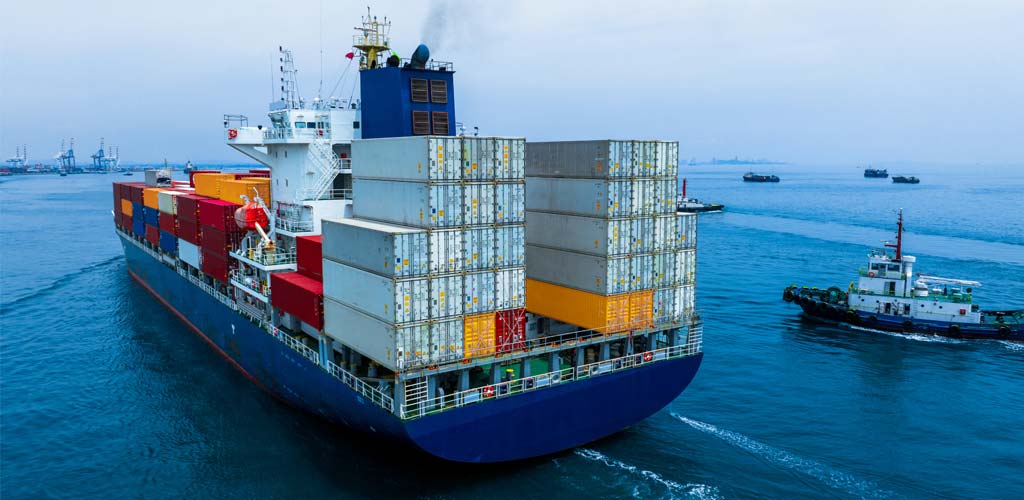Ocean freight is the backbone of international trade, offering a cost-effective solution for large-scale shipments. For both personal and corporate shipping needs, understanding the intricacies of ocean freight is essential for smooth and efficient transport.
1. Understand Container Utilization
Know the difference between FCL and LCL shipments. FCL is cost-effective for large volumes, while LCL is suitable for smaller loads. Efficient container utilization can significantly affect your shipping costs. Choose the container size that works for your type of item you need to ship.
2. Plan for Longer Transit Times
Ocean freight has longer transit times compared to air freight. Plan your inventory and order schedules accordingly to avoid stockouts or excessive inventory holding costs.
4. Prepare for Port and Customs Complexities
Port operations and customs procedures can be complex and time-consuming. Familiarize yourself with these processes to avoid delays and demurrage charges.
5. Optimize for Load Stability
In ocean freight, ensuring cargo stability and safety for long voyages is crucial. Understand the best practices for loading and securing cargo within containers to prevent damage during transit.
6. Monitor Weather and Seasonal Factors
Ocean freight is more susceptible to weather disruptions and seasonal variations. Keep track of these factors and plan your shipping schedule to mitigate potential delays.
If you have any other questions on your next ocean shipment, please contact Allegro and we would be more than happy to assist.
